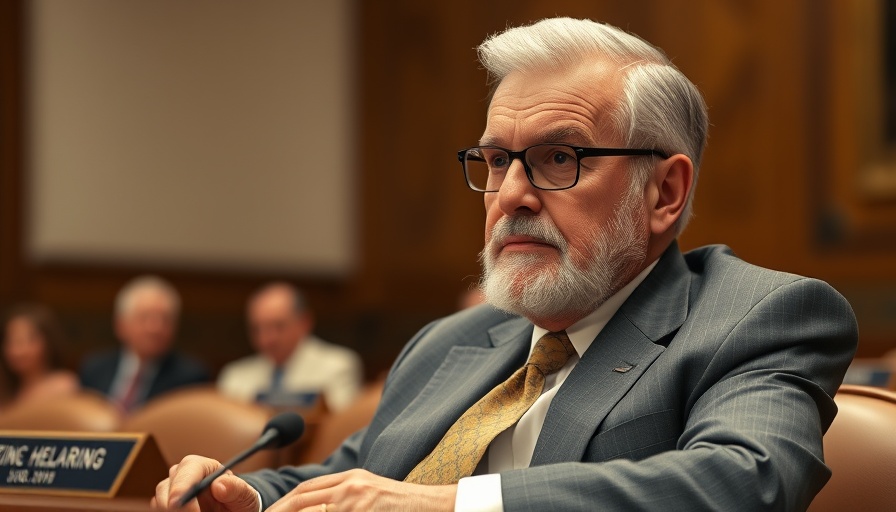
A Shocking Shift in Vaccine Policy
Recent news has sent shockwaves through the healthcare community as the U.S. Department of Health and Human Services (HHS), under Secretary Robert F. Kennedy Jr., has changed its policy regarding COVID-19 vaccinations for children and pregnant women. By stating that the CDC would no longer recommend these vaccines for these groups, a formal process was allegedly bypassed, raising unprecedented concerns among medical professionals.
Disputed Research and Miscommunication
Experts have critically analyzed the document sent by HHS to Congress, which was intended to substantiate this drastic policy shift. Mark Turrentine from Baylor College of Medicine described it as "willful medical disinformation." He expressed concern that Congress was misled with studies that are either unpublished, disputed, or taken out of context. This has led to an atmosphere of distrust regarding the scientific evidence provided by health agencies.
Cherry-Picking Science or Genuine Concerns?
Critics of Kennedy’s approach accuse him of selectively using scientific studies to reinforce his position—a tactic described by Sean O’Leary, chair of the Committee on Infectious Diseases at the American Academy of Pediatrics, as part of Kennedy’s long-standing playbook. By cherry-picking from legitimate studies or leveraging non-peer-reviewed research, credible voices in public health fear that genuine concerns about vaccine safety are being drowned out by emotionally charged rhetoric.
The Broader Implications
This controversial policy change and the manner in which it was supported raise substantial questions about the trajectory of public health policy and its reliance on valid scientific evidence. With increasing skepticism about vaccines, particularly among health-conscious individuals, this shift could have profound implications for future vaccination rates and public health initiatives.
What Does This Mean for You?
As a health enthusiast, it’s crucial to stay informed about vaccine policies and the science behind them. Skepticism towards vaccines is not merely a topic of political debate but can affect community health outcomes. Engage with trusted health professionals, scrutinize the research behind public health guidelines, and participate in discussions about vaccine safety to ensure your own wellbeing and that of those around you.
 Add Row
Add Row  Add
Add 




 Add Row
Add Row  Add
Add 



Write A Comment